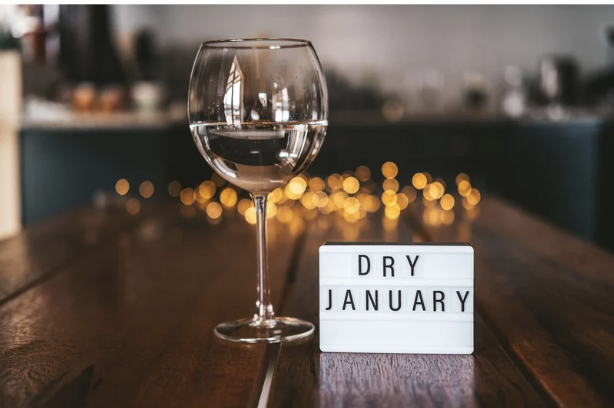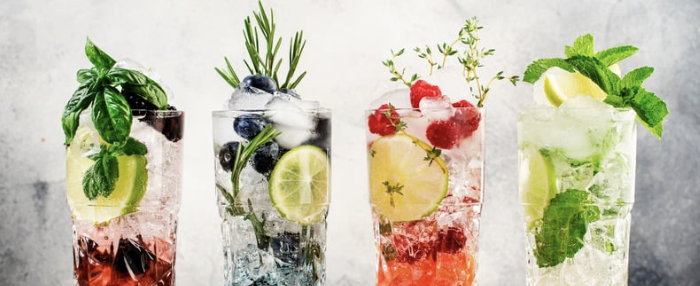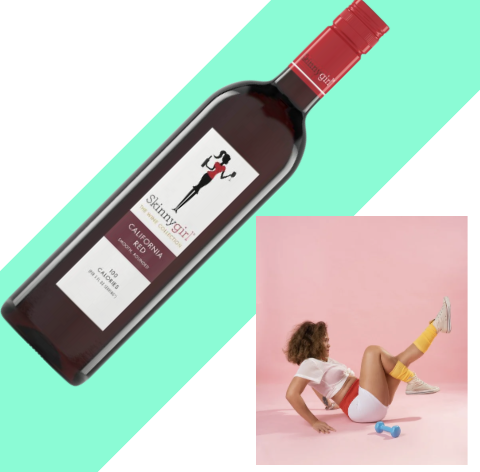
Sorting Through the Wine Hype: What’s in Your Glass?
By Lea Faith Williams
Lately, the wine world has been buzzing with talk of “clean wines,” “low-calorie wines,” and “low/no alcohol wines.” But how much of it is marketing hype, and how much is grounded in truth? Let’s take a closer look, blending some science, some insight, and a lot of love for wine.
Here’s the truth: “sugar-free wine” is largely a marketing ploy. As wine professionals, we know that it’s impossible to remove every last trace of sugar from wine. Even the driest wines—those fermented until nearly all the sugar has been converted to alcohol—still contain trace amounts of residual sugar. That’s just the nature of the winemaking process.
The good news? Most conventional wines are already low in sugar and calories. A standard glass of dry red wine contains around 2 grams of sugar.
The good news? Most conventional wines are already low in sugar and calories. A standard glass of dry red wine contains around 2 grams of sugar. So, unless you’re sipping on a sweet dessert wine, chances are your glass is already on the lighter side. For most wine pros (myself included), the advice is simple: skip the gimmicky labels and stick with your favorite dry, conventional wine.
For those choosing to cut back on alcohol, low/no alcohol wines offer an intriguing option. These wines start their journey just like any other, but the alcohol is removed through processes like reverse osmosis or vacuum distillation. These techniques preserve much of the wine’s flavor and texture while leaving the booze behind.
It’s worth noting that alcohol contributes to a wine’s weight and body. This means you’re unlikely to find a robust, full-bodied dealcoholized wine. However, for those looking to sip without the buzz, these options can be a delightful alternative.
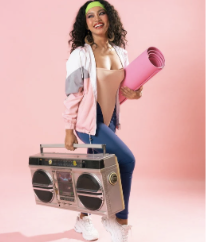 As we kick off the new year and embrace healthier choices, it’s important to rely on facts, not flashy marketing. If you’re seeking a lighter wine experience, a dealcoholized wine is often a better bet than a so-called “low-calorie” or “sugar-free” wine.
As we kick off the new year and embrace healthier choices, it’s important to rely on facts, not flashy marketing. If you’re seeking a lighter wine experience, a dealcoholized wine is often a better bet than a so-called “low-calorie” or “sugar-free” wine.
But let’s be honest: there’s no need for pushing, shoving, or stressing. At the end of the day, the best wine is the one you enjoy, poured into a glass, and shared with good friends and great food.
Cheers to that!
You may also like
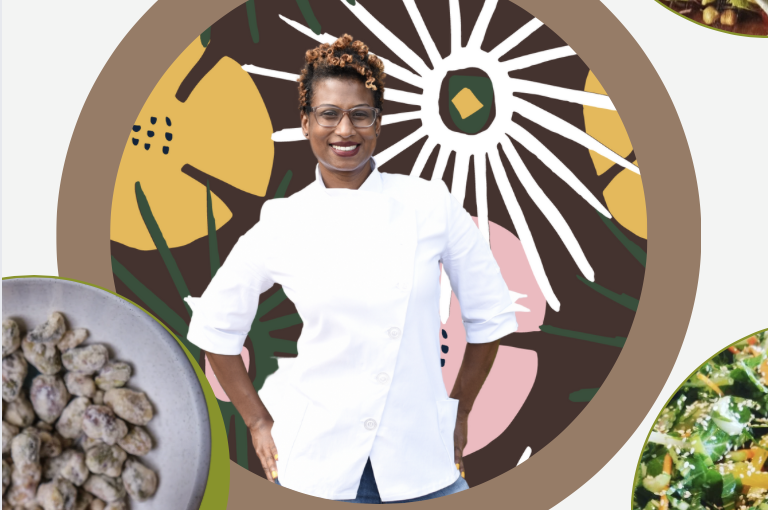
The Gourmet Diva Serves Up Healthy, Whole Foods And Well-Seasoned Nuts
“January is the perfect time to reset and embrace healthier eating habits.”
Dry January: The Sober Movement
Alcohol Change UK reported that at least 175,000 people signed up on their website to participate i
Mock Me, I Dare You
Don't mock the mocktails. They have come a long way from the Temperance Days of 1865 and your Great



